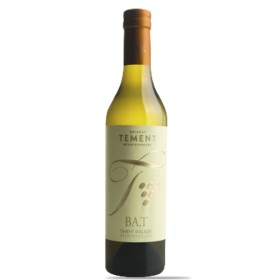- Mondo Vino
- 5137 views

Firstly, it must be made clear that the three terms are not synonymous and, on the contrary, the only one recognised in legislation is exclusively organic wine. However, it is believed that a biodynamic wine is of higher quality than an organic wine and it is often claimed that an organic wine is of lower quality than a traditional wine.
Is organic wine of inferior quality to traditional wine?
Is organic wine of inferior quality to traditional wine? How true can this statement be? Generalizing is never correct. We will see that the limitations to define the three types of products are stringent and to produce a wine that can boast of these titles is difficult, but the passion that animates winegrowers is such that the products obtained are almost always amazing, and delicious. In addition, the good manufacturer tends to respect nature and its cycles and often, even if it cannot be obtained from the logo of organic certification, it is in fact already in line with the legislation.
Organic wine: the production regulation
The European Regulation 203/2012 has defined the rules for producing organic wine. If previously we could only talk about "wine produced with grapes from organic farming", today it is all the production of wine that is regulated by very specific rules.
In particular, only manufacturers who:
- use only grapes grown with organic farming methods, therefore without synthetic chemicals and without GMOs;
- carry out vinification using only oenological products and authorised processes, avoiding the addition of chemicals.
Maximum amount of sulphites
Among the latter, the most important measure is the one defining the maximum amount of sulphites that can be present in organic wine: 100mg/l for red wines with residual sugar less than 2g/l. 150mg/l for white and rosé wines with a residual sugar level of less than 2g/l.
Sulfur dioxide
In addition, Member States may authorise the increase of sulphur dioxide to the maximum permissible level for similar conventional wine, in the presence of exceptional climatic conditions in specific geographical areas and as a result of the deterioration of the health situation of the grapes due to serious bacterial or mycotic attacks.



